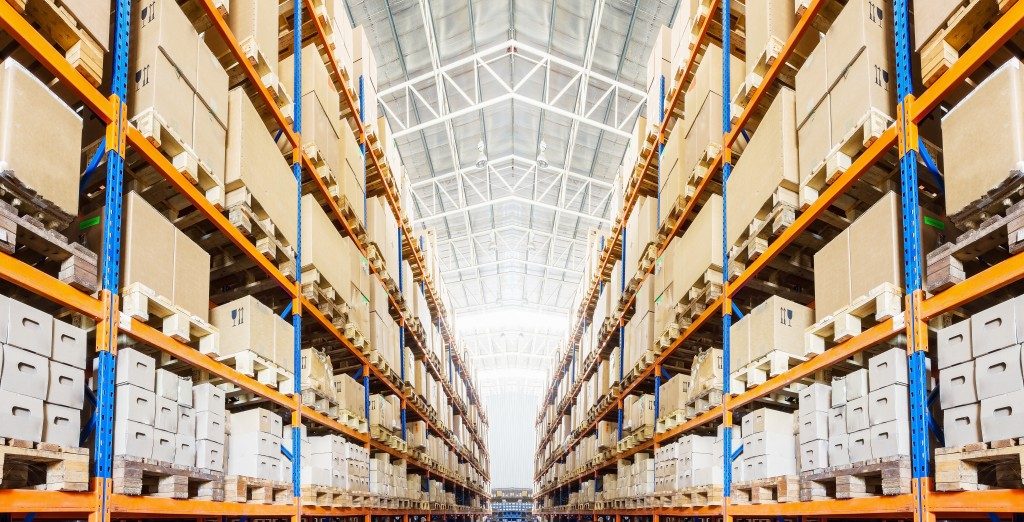
Are you tired of manually inputting order data into your old warehouse database? Do you have to seek the help of human resource to obtain warehouse worker information? This has been a daunting and challenging task with it comes to warehouse, transportation, and logistics management. If you are into a warehouse, transportation, and logistics business and having this kind of struggle, it is time for you to use a software management system. It can do a lot of good things for your business, from satisfying your customers, reducing wear on equipment, boosting work efficiency and productivity, to ensuring product security.
A warehouse management system (WMS) can do a host of tasks involving inventory administration, transportation, auditing, distribution, and picking. It can be an excellent addition to a business’ IT infrastructure. If you are looking for services to build a WMS system in Australia, it is advisable to learn more from Infocomm Pty Ltd about what this software can do. Of course, you have to be careful when choosing the right software provider for your business. You do not want problems to arise just when you think that warehouse and transportation operations are smooth and efficient because of the software you have obtained. Below are what a WMS can do for your business:
1. Optimising Processes
A WMS can optimise your warehouse processes. From material picking, input methods, to process automation, managing warehouse activities can be refined. Moreover, a WMS can be linked to your effective transportation management system (TMS) to give you greater control of your logistics operations. Simply put, having excellent warehouse management with the use of a WMS can result in efficient transportation and logistics operations.
2. Allocating Manpower Efficiently
Tasks on the warehouse floor can be fine-tuned, too, with a WMS. By adjusting your manpower needs to extract material handling activities, you can utilise resources with utmost efficiency. A WMS can be linked to your TMS, but it can also be linked to an existing labour management system.

3. Enhancing Supplier and Customer Satisfaction
With significantly lower delivery lead times and fewer order errors, a WMS can definitely enhance your relationships with customers and suppliers as well. This can be done by optimally receiving supply chain orders and delivering products to customers. With a WMS, customer complaints are decreased, thus improving the overall operations of your business.
4. Improving Security
Securing materials in a warehouse is a primary concern. With unique user accounts, each warehouse worker can access materials and goods in a secure manner. Loss or damage to warehouse resources can be reduced with this improved accountability courtesy of a WMS. It is like a security camera. People in your business who have bad intentions—they may be planning to steal or damage products or equipment, for instance—can be caught promptly.
Managing warehouse operations can be challenging. To record orders or secure materials and products, a high degree of control is required. Through a WMS, this can all be resolved with great efficiency. Just make sure to choose your software supplier carefully.
